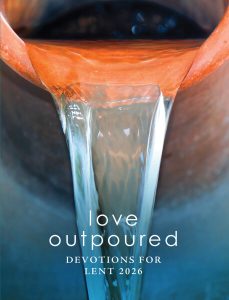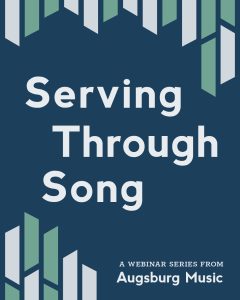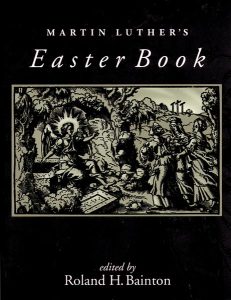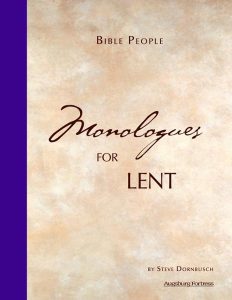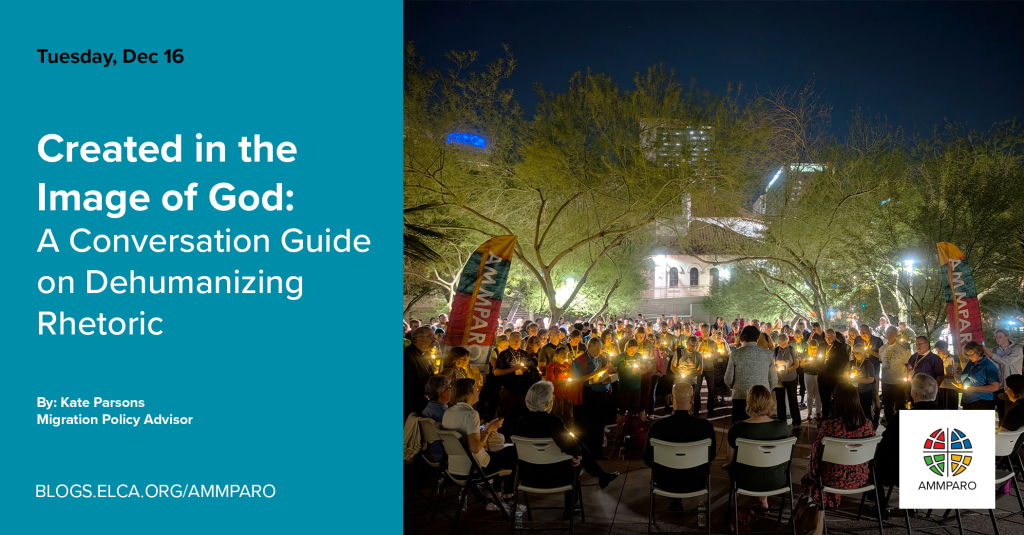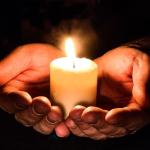 “For what shall we pray?” is a weekly post inviting individuals, groups, and congregations to lift up our world in prayer. This resource is prepared by a variety of leaders in the ELCA and includes prayer prompts, upcoming events and observances, and prayer suggestions from existing denominational worship materials. You are encouraged to use these resources as a starting point, and to adapt and add other concerns from your local context. More information about this resource can be found here.
“For what shall we pray?” is a weekly post inviting individuals, groups, and congregations to lift up our world in prayer. This resource is prepared by a variety of leaders in the ELCA and includes prayer prompts, upcoming events and observances, and prayer suggestions from existing denominational worship materials. You are encouraged to use these resources as a starting point, and to adapt and add other concerns from your local context. More information about this resource can be found here.
Prayer prompts:
For an end to war, conflict, and violence especially in Gaza, South Sudan, Myanmar, Ukraine, Thailand and Cambodia, Iran, Venezuela, and China and Taiwan…
For those grieving victims of the Swiss New Year’s Eve fire…
For immigrants, refugees, and asylum seekers, especially those who face discrimination and violence…
For tourists and travelers stranded in Yemen, Venezuela, and across the Carribbean…
For earthquakes in the Pacific Ocean and nations concerned about tsunamis…
For children and those who nurture them…
For rebuilding and recovery following flooding and its effects in the northwestern United States, Maine, and California…
For Roman Catholic siblings marking the end of the Jubilee Year…
For Orthodox Christians celebrating Christmas…
Events and observances:
January Observances: National Blood Donor Month, National Human Trafficking Prevention Month, Poverty in America Awareness Month, Mental Awareness Month
Orthodox Christmas Day (Jan 7)
Adrian of Canterbury, teacher, died around 710 (Jan 9)
Baptism of Our Lord (Jan 11)
Orthodox New Year (Jan 14)
Pongal, (Hindu festival, Jan 14)
Martin Luther King Jr., renewer of society, martyr, died 1968 (Jan 15)
Prayers from ELCA resources:
A prayer in time of crisis, conflict, or disaster (ACS)
God most mighty, God most merciful, our sacred stories tell us that you help and save your people. You are the fortress: may there be no more war. You are the harvest: may there be no more hunger. You are the light: may no one die alone or in despair. God most majestic, God most motherly, grant us your life, the life that flows from your Son and the Spirit, one God, now and forever. Amen.
A prayer for peace (ACS)
Holy God, out of your great love for the world, your Word became flesh to live among us and to reconcile us to you and to one another. Rekindle among us the gift of your Spirit so that we seek to live in unity with all people, breaking down the walls that divide, ending the hostility among us, and proclaiming peace to those who are near and to those who are far away; through Christ Jesus, in whom we all have access in the one Spirit to you, both now and forever. Amen.
—
The following topical resources are available from resources.elca.org for use in public worship and personal devotion:
Worship resources for the crisis in the Holy Land
Worship resources for the Eastern Europe Crisis
—
ELW = Evangelical Lutheran Worship
ACS = All Creation Sings: Evangelical Lutheran Worship Supplement
Additional topical prayers are found in Evangelical Lutheran Worship (pp. 72–87) and All Creation Sings (pp. 46–55), as well as in other resources provided in print and online at sundaysandseasons.com.
Crafted intercessions for every Sunday and festival are provided in the Sundays and Seasons worship planning guide published in-print and online by Augsburg Fortress. Further assistance for composing prayers of intercession can be found here: Resources for Crafting Prayers of Intercession
Prayer Ventures, a daily prayer resource, is a guide to prayer for the global, social and outreach ministries of the ELCA, as well as for the needs and circumstances of our neighbors, communities and world.


